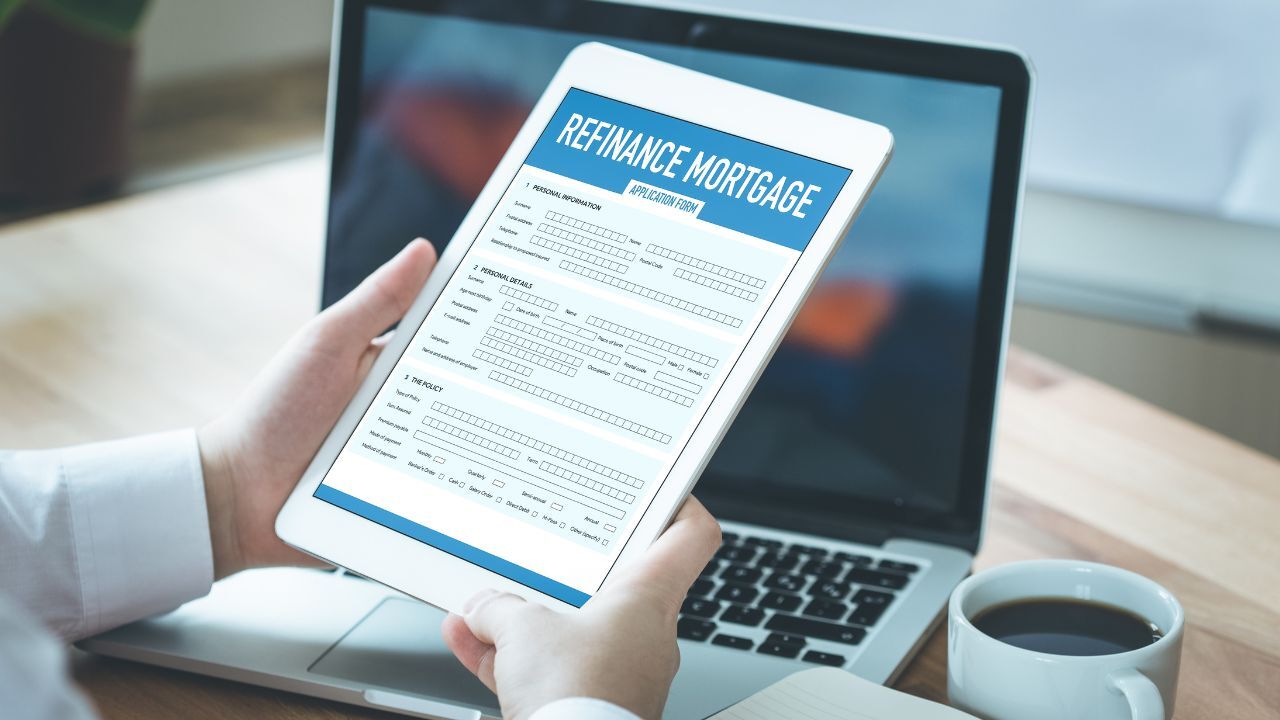How to Determine Your Ideal Monthly Mortgage Payment
 Buying a home is one of the most exciting financial decisions you will ever make, but understanding what you can comfortably afford each month is essential for long-term success. Your ideal monthly mortgage payment should not just fit within your budget today, but also allow for financial flexibility and security in the future.
Buying a home is one of the most exciting financial decisions you will ever make, but understanding what you can comfortably afford each month is essential for long-term success. Your ideal monthly mortgage payment should not just fit within your budget today, but also allow for financial flexibility and security in the future.
Start With Your Total Monthly Income
Begin by calculating your total monthly household income before taxes. This provides a clear foundation for your homebuying budget. Most financial experts recommend that your total housing expenses should not exceed twenty-five to thirty percent of your gross monthly income. This includes your mortgage payment, property taxes, homeowners insurance, and any applicable homeowners association fees.
Factor In All Monthly Expenses
Next, list all of your recurring monthly expenses. This includes car payments, student loans, credit card minimum payments, utilities, groceries, transportation, and personal spending. Subtract these amounts from your monthly income to determine how much is left over. This remaining amount represents your available funds for a mortgage payment, but remember to leave room for savings and emergencies.
Account for Future Goals and Unexpected Costs
It is important to think beyond your immediate needs. Consider your long-term financial goals, such as saving for retirement, building an emergency fund, or preparing for future expenses like college tuition or major home repairs. Do not stretch your budget so tightly that you have no financial cushion. Homeownership should provide stability, not stress.
Understand Your Loan Terms and Rates
Work with a mortgage professional to explore different loan options and interest rates. A lower rate may increase your borrowing power, while a higher rate could limit what you can afford. Factor in whether you plan to choose a fixed-rate or adjustable-rate mortgage, as this will impact your monthly payment both now and in the future.
Use Tools and Professional Guidance
Many online calculators can provide an estimate of your monthly payment, but nothing replaces the advice of a trusted mortgage expert. A professional can help you evaluate loan options, understand closing costs, and ensure that your payment aligns with your entire financial picture.
Your Ideal Payment Is Personal
Ultimately, your ideal monthly mortgage payment is not just a number based on guidelines. It is a personal decision that reflects your income, goals, lifestyle, and comfort level. Do not feel pressured to borrow the maximum amount you qualify for. Focus instead on what allows you to enjoy your new home without financial strain.
If you are ready to explore your options, a mortgage professional can help you calculate a payment that fits your life today and supports your goals for tomorrow.

 Buying a home is one of the most significant financial decisions a person can make, and understanding the costs involved is essential. Online mortgage calculators have become a valuable tool for borrowers, helping them estimate monthly payments, compare loan options, and determine affordability, all from the convenience of their computer or phone.
Buying a home is one of the most significant financial decisions a person can make, and understanding the costs involved is essential. Online mortgage calculators have become a valuable tool for borrowers, helping them estimate monthly payments, compare loan options, and determine affordability, all from the convenience of their computer or phone. When applying for a mortgage, lenders carefully assess your income and debt to determine your ability to repay the loan. If you receive or pay child support or alimony, these payments can significantly impact your mortgage qualification. Understanding how they factor into your debt-to-income (DTI) ratio, income calculation, and overall loan approval process can help you better prepare for home financing.
When applying for a mortgage, lenders carefully assess your income and debt to determine your ability to repay the loan. If you receive or pay child support or alimony, these payments can significantly impact your mortgage qualification. Understanding how they factor into your debt-to-income (DTI) ratio, income calculation, and overall loan approval process can help you better prepare for home financing.